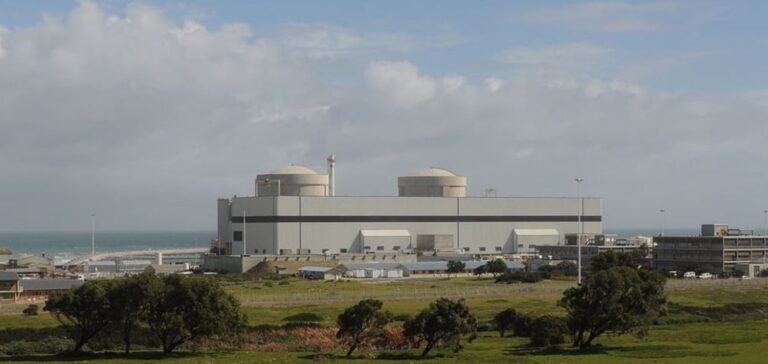The request to extend the Koeberg power plant comes at a critical time for Cape Town, a city with a rapidly growing population. For the past twenty years, the city has been working with the National Nuclear Regulator (NNR) and Eskom to manage urban development around the plant’s safety zone. The decision to extend Koeberg’s lifespan could put the brakes on real estate projects in strategic northern areas, where new residential complexes are under construction. Nevertheless, the completion of this project marks a true nuclear renaissance in South Africa.
Safety Concerns and Risk Management
The municipal authorities point out that the extension of the Koeberg operation requires a reassessment of risk management plans. Priya Reddy, a spokeswoman for the city, mentioned that vast tracts of land purchased by the city and private investors could remain unused in the event of an extension, limiting the possibilities for urban development.
Regulatory Challenges and Operational Safety
Safety at the Koeberg power plant remains a major concern. A report by the International Atomic Energy Agency (IAEA) identified safety problems, including cracks in the structures housing the reactors. Eskom has assured us that all the problems identified have been resolved. The NNR, aware of the implications of its decision, must weigh up the economic benefits against the potential risks to public safety.
Imminent Decision and Potential Consequences
NNR expects to make its final decision by the end of July or August. If the extension is granted, Cape Town will have to adapt to ensure the safety of its residents while continuing its urban development. The impact on the local economy and real estate projects will depend heavily on this decision.
The Koeberg license extension application highlights the challenges Cape Town faces in balancing urban growth and safety. The NNR’s decision will be decisive for the future of the region, both in terms of economic development and risk management.





















